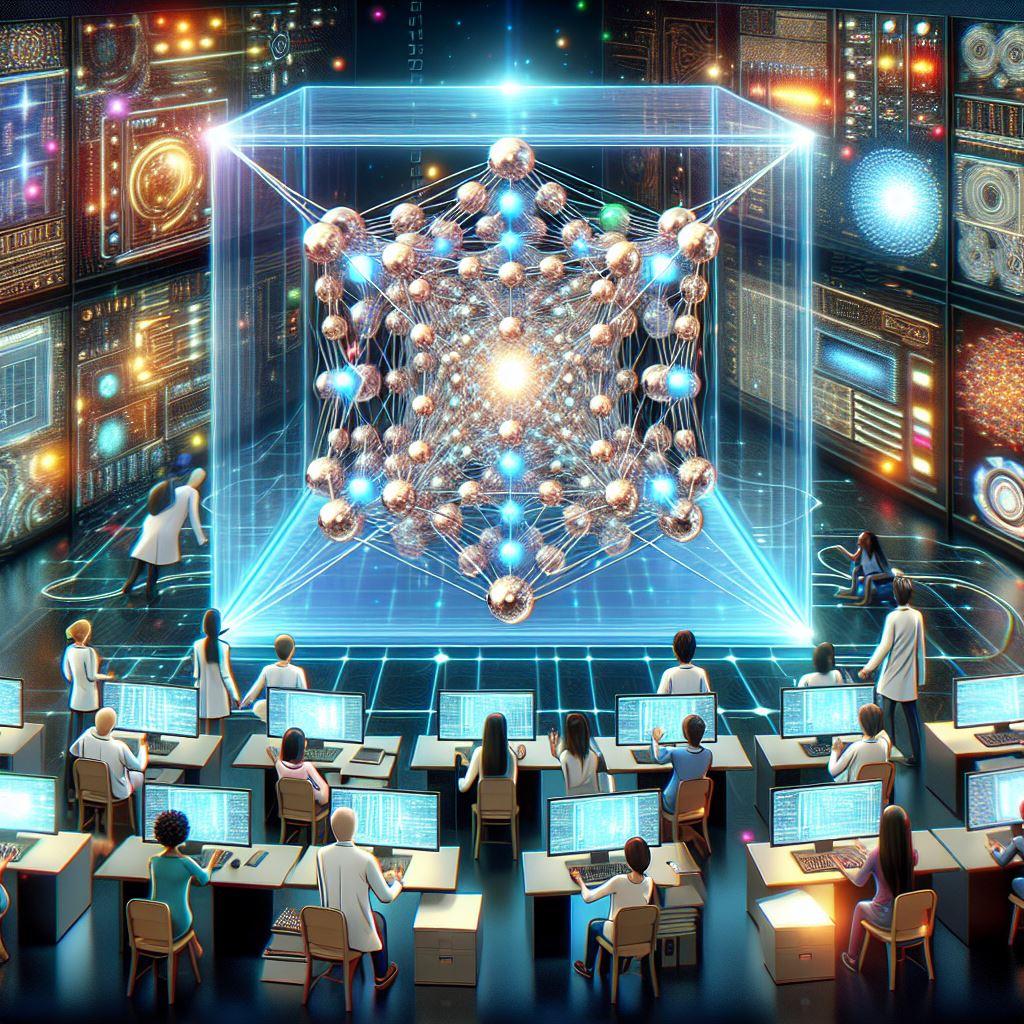Imagine a future where computers solve problems in seconds that would take today's machines centuries. Picture designing life-saving drugs before they even enter a lab or optimizing global logistics in real-time. This isn't science fiction; it's the promise of quantum computing. While the buzz can feel distant, its implications are rapidly becoming real.
What is Quantum Computing? (Demystifying the Basics):
The fundamental shift quantum computing offers is its departure from the binary world of classical bits. Unlike our everyday computers, which use bits as 0 or 1, quantum computers use qubits. Qubits can exist in multiple states simultaneously, a phenomenon called superposition. They can also be intricately linked through entanglement. This allows them to perform calculations in a fundamentally different way.
The field is in rapid development, with companies like Google, IBM, and Microsoft pushing boundaries. We see advancements in various hardware platforms, like superconducting qubits and trapped ions. Importantly, Microsoft has made significant strides with its topological qubit approach, focusing on creating more stable and error-resistant qubits. They've also developed the Quantum Development Kit (QDK) and the Q# programming language, making quantum computing more accessible to developers. Researchers are also developing quantum simulators, which are invaluable for scientific exploration. However, challenges remain. Quantum computers are still susceptible to noise, and scaling them up is difficult.

Transforming Industries: Quantum Computing in Action
1. Medicine
One of the most exciting frontiers lies in medicine and pharmaceuticals. Quantum computers can simulate molecular interactions with unparalleled accuracy, accelerating drug discovery. Imagine designing personalized cancer treatments by simulating how a drug interacts with a specific patient's cells or developing novel antibiotics to combat antibiotic resistance. This isn't just theoretical; researchers are already exploring these possibilities.
2. Materials Science
In materials science, quantum computing opens doors to creating entirely new materials with tailored properties. Need a superconductor that operates at room temperature? Or a lightweight, ultra-strong material for aerospace applications? Quantum simulations can help design these materials at the atomic level, revolutionizing manufacturing and energy storage.
3. Finance
The financial sector stands to gain immensely. Quantum computers can optimize complex portfolios, model market risks with greater precision, and even detect fraudulent activities more effectively. Imagine a future where financial crises are predicted and mitigated before they occur, thanks to quantum-powered risk assessments.
4. Cyber Security
Cryptography and cybersecurity are also undergoing a dramatic shift. Quantum computers have the potential to break current encryption methods, necessitating the development of quantum-resistant cryptography. This has profound implications for data security, particularly in sensitive sectors like government and finance. But quantum communication also offers the possibility of unbreakable encryption, a paradox that can benefit global security.
5. Artificial Intelligence
Artificial intelligence and machine learning are poised for a quantum boost. Quantum algorithms can accelerate training processes, enabling AI to learn from vast datasets more efficiently. This can lead to breakthroughs in areas like image recognition, natural language processing, and predictive analytics. Imagine AI systems capable of diagnosing diseases with unprecedented accuracy or autonomous vehicles navigating complex environments with enhanced safety!

Conclusion
Amazing right? While the journey to fully realized quantum computers is ongoing, the achievements and potential applications are already transforming our understanding of what's possible. From revolutionizing drug discovery to securing our digital future, quantum computing is not just a technological advancement; it's a catalyst for societal transformation. Till next time!


